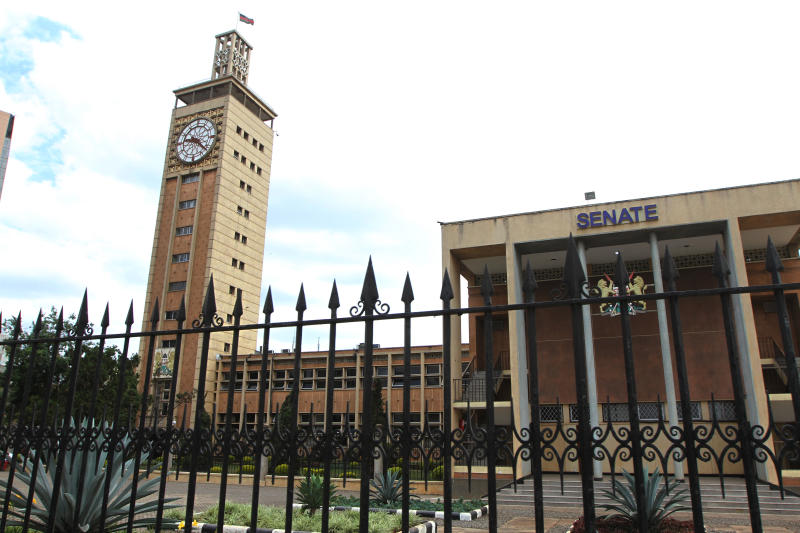×
The Standard e-Paper
Home To Bold Columnists

The National Youth Service (NYS) may not manage to fully utilise Sh10.2 billion allocated by the Treasury if Parliament does not move with speed to regularise the law that changed it to a State corporation.